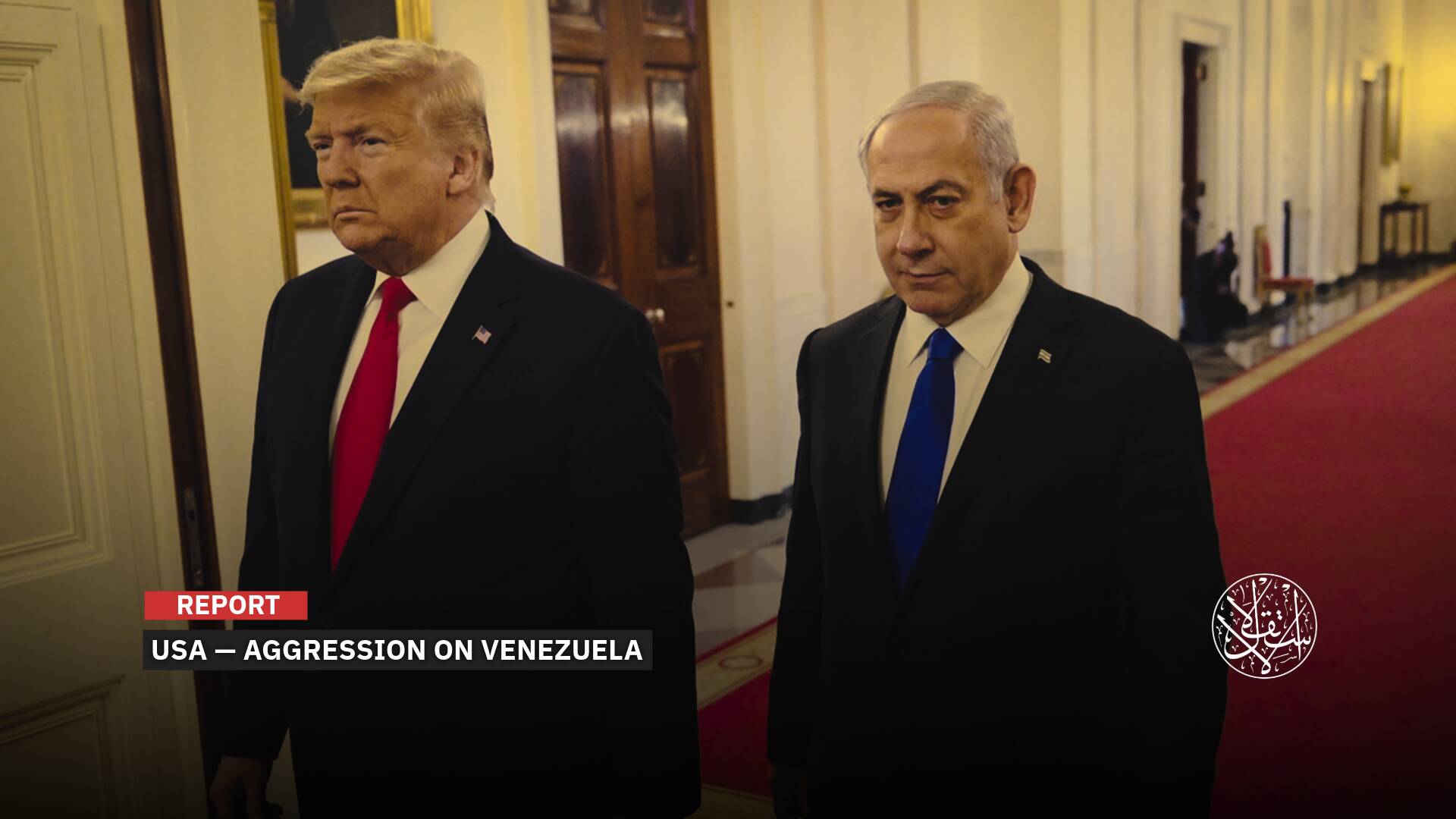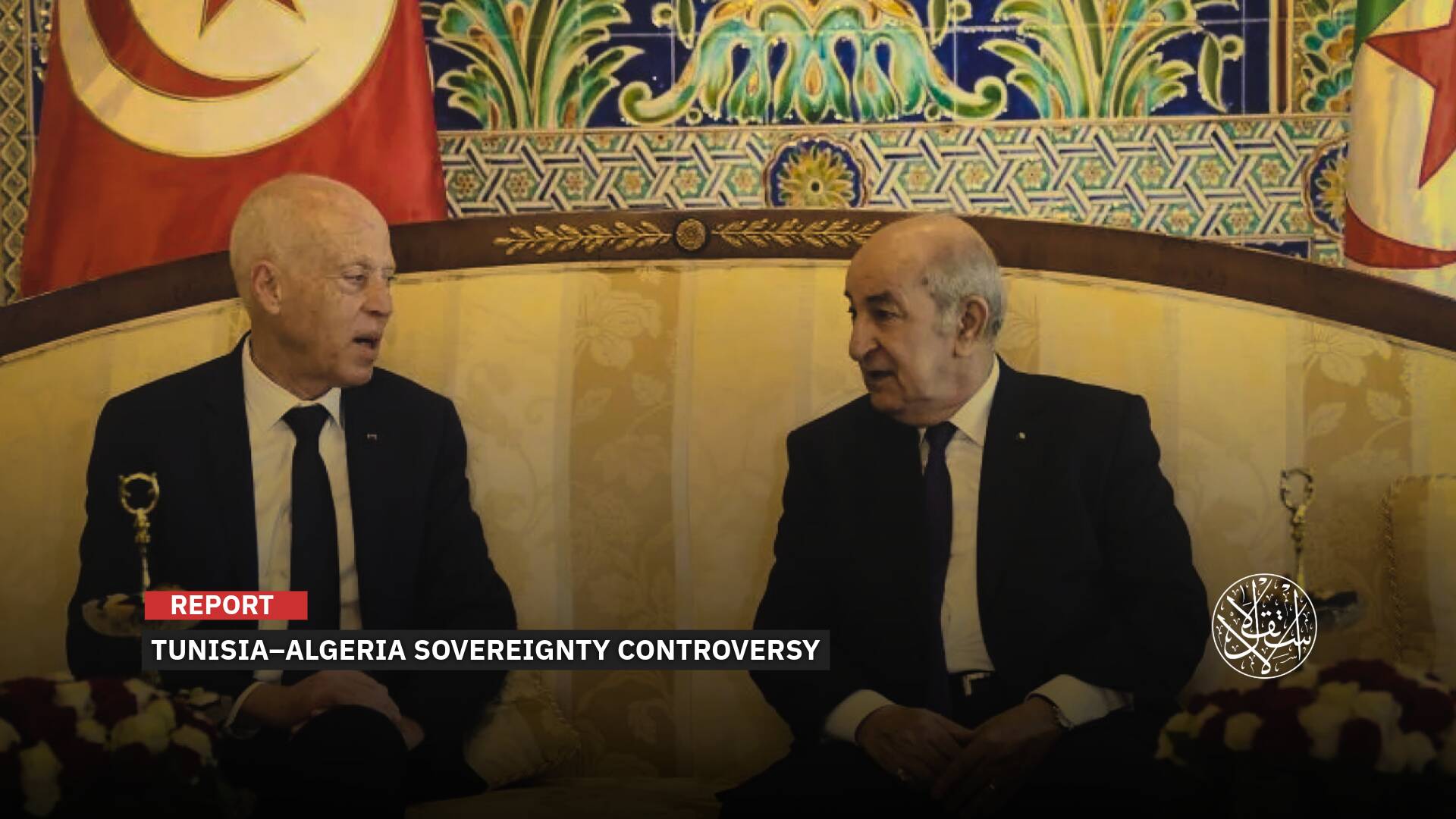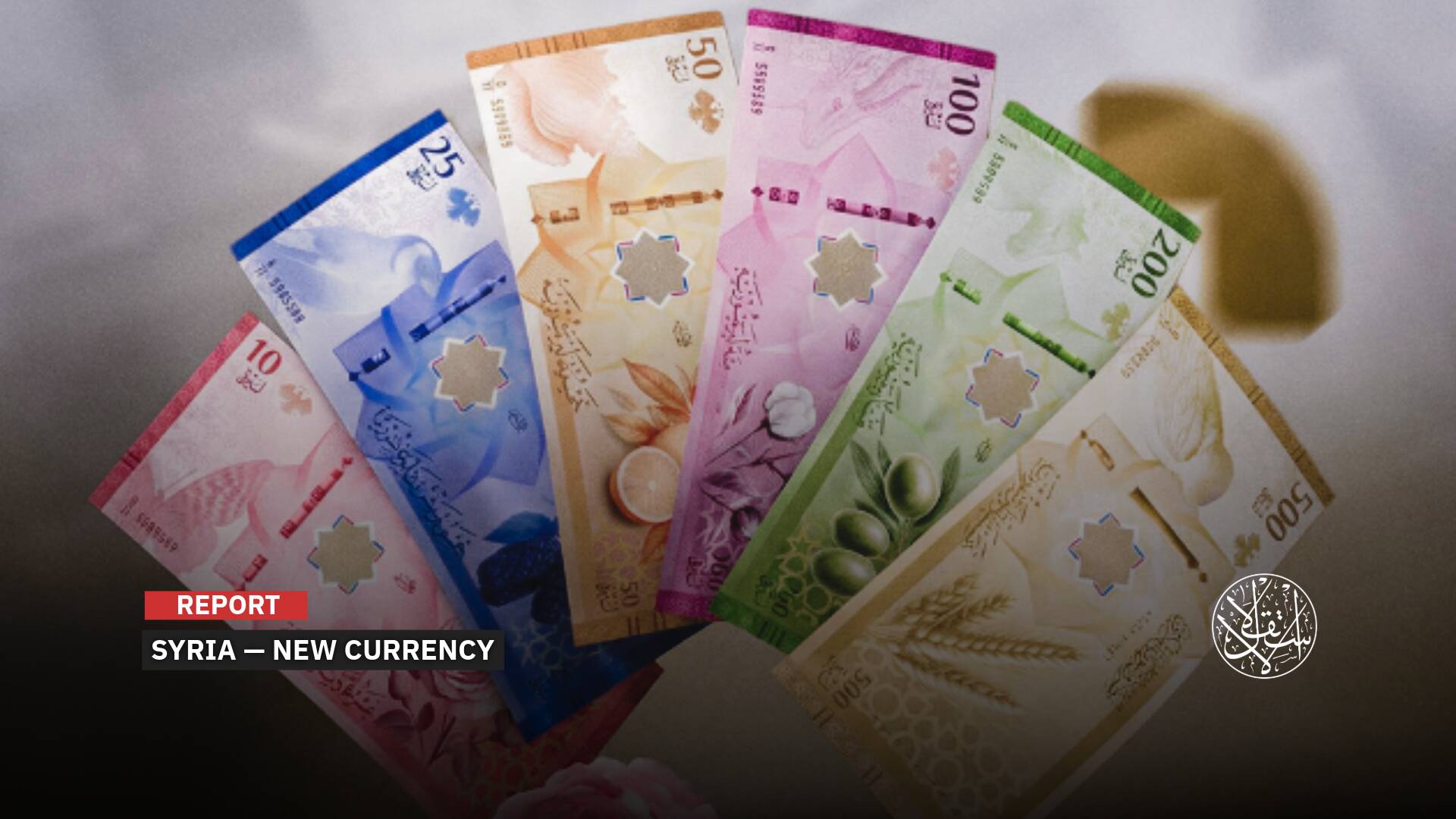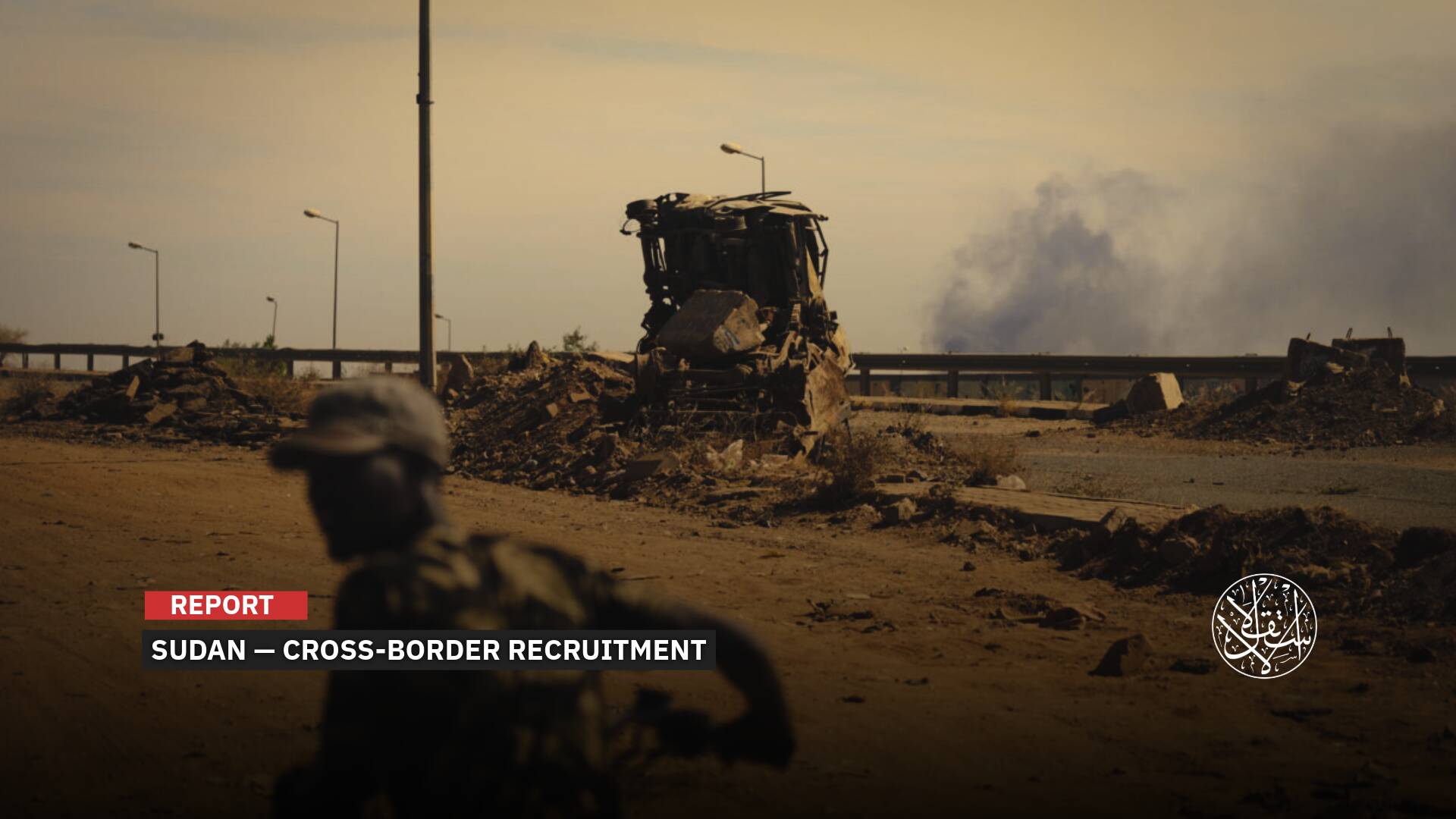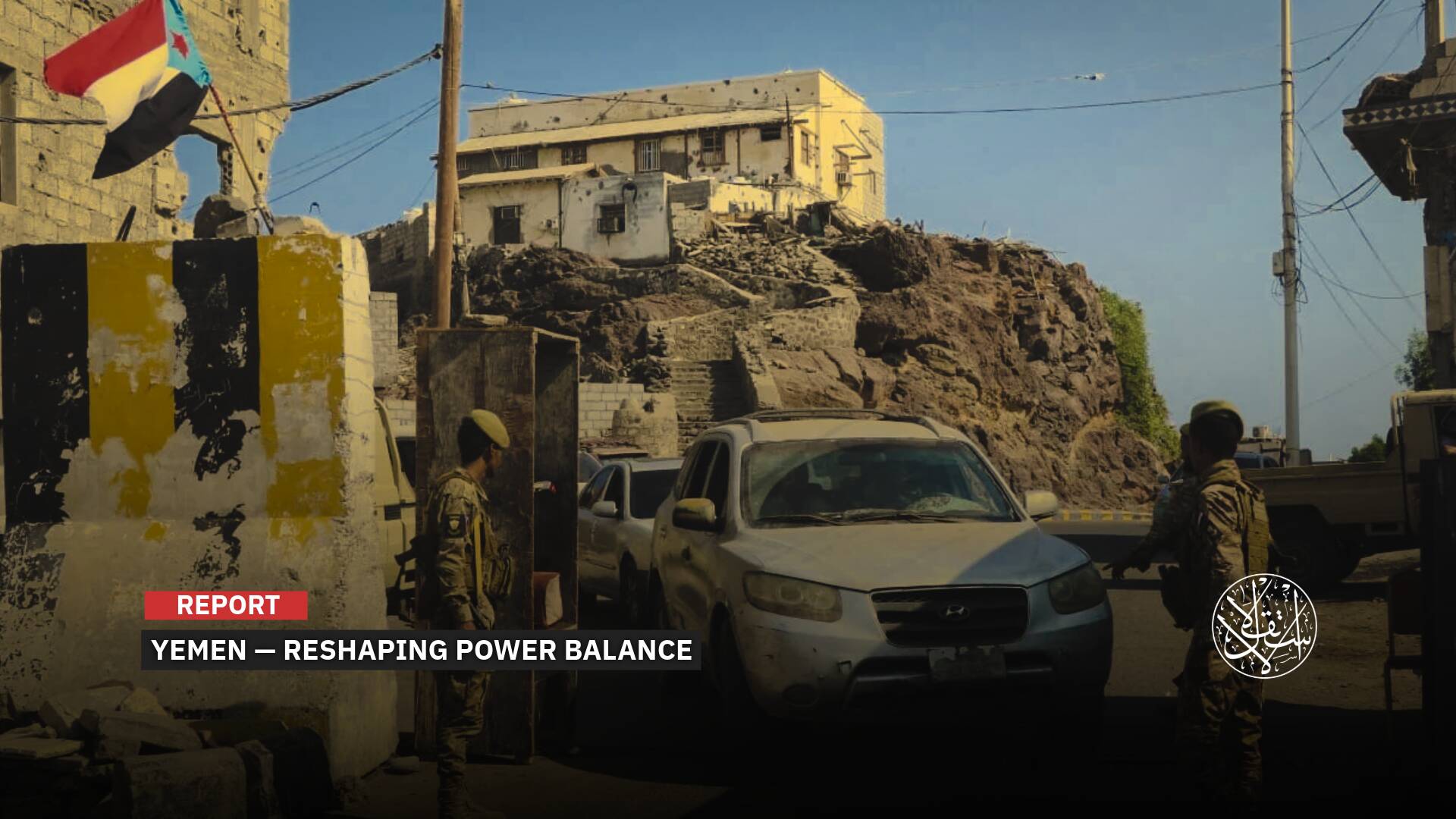Resettling Migrants Deported from the U.S. in Africa: Who Loses and Who Gains?
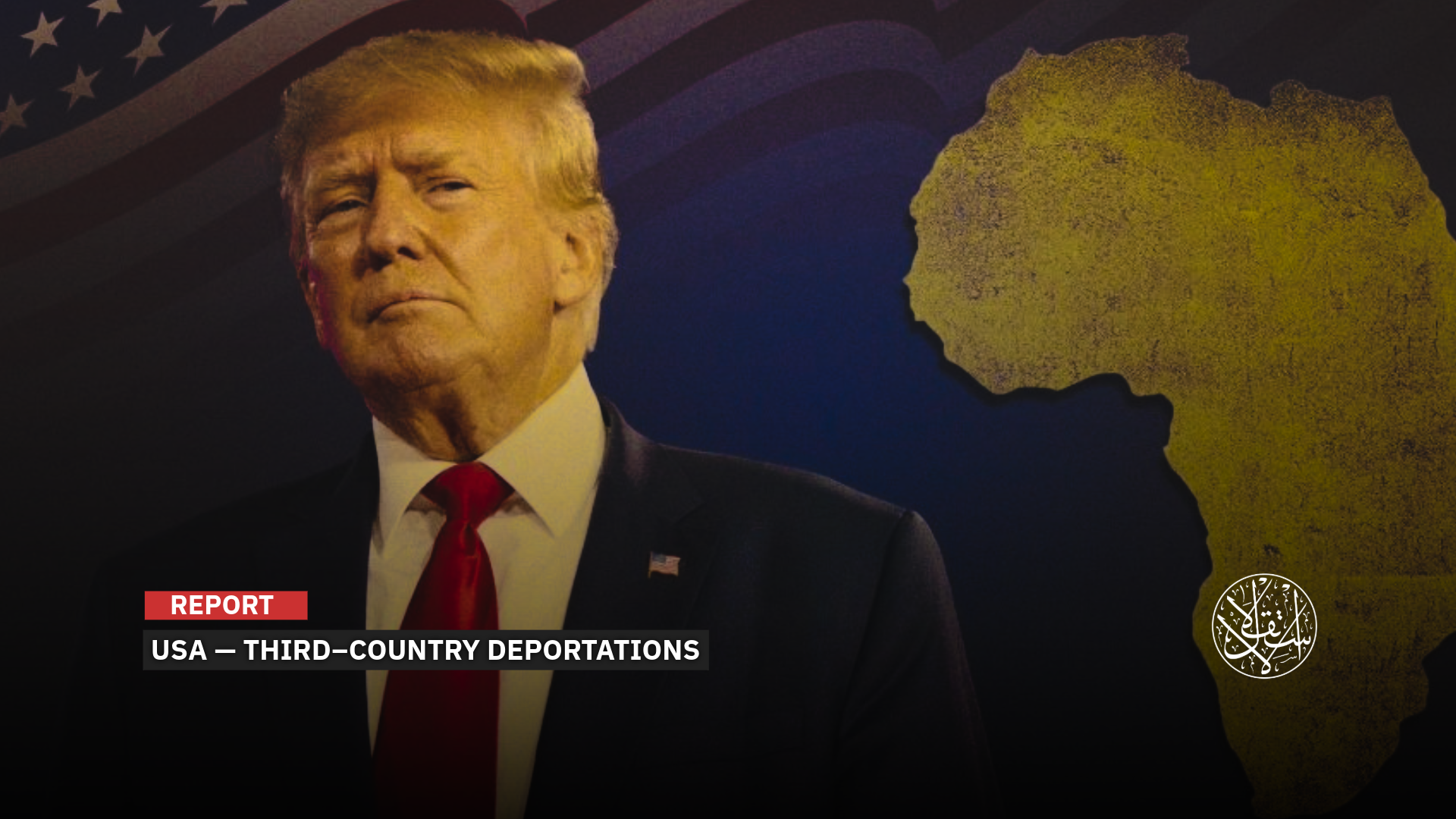
Africa, rich in natural and human resources, has the capacity to build its own future without being drawn into unfair deals.
The Trump administration is moving quickly to implement its plan to deport undocumented migrants to third countries rather than sending them back to their homelands, with Africa at the center of the effort.
On August 5, 2025, the spokesperson for the Rwandan government and an official told Reuters that Washington and Kigali had reached a deal allowing Rwanda to take in up to 250 migrants deported from the United States.
The Rwandan official, who asked not to be named, said the agreement was signed in Kigali in June by American and Rwandan representatives. He added that Washington has already submitted an initial list of ten people to be vetted.

US–Rwanda Deal
Rwandan government spokesperson Yolande Makolo confirmed that Kigali had agreed to take in up to 250 migrants deported from the United States, saying the decision was rooted partly in Rwanda’s own history of displacement.
“Rwanda has agreed with the United States to accept up to 250 migrants, in part because nearly every Rwandan family has experienced the hardships of displacement, and our societal values are founded on reintegration and rehabilitation,” said Makalo.
A Rwandan official said Washington will provide a grant to support the program, with paperwork completed in July 2025, but declined to reveal the amount. He added that the deal could be expanded by mutual consent to cover more than 250 people. Migrants sent to Rwanda will not be required to stay and are free to leave at any time.
Kigali will only accept individuals who have completed prison terms or face no criminal charges. There is no arrangement allowing U.S. convicts to serve sentences in Rwanda, and anyone convicted of child sex crimes will be excluded. Rwanda will also retain the right to vet each candidate for resettlement.
Those accepted will receive job training, healthcare, and housing support to help them restart their lives, with the government promoting opportunities to contribute to one of Africa’s fastest-growing economies over the past decade. The White House and State Department did not immediately comment.
President Donald Trump has vowed to deport millions of undocumented migrants and has expanded efforts to send them to third countries. His government has already transferred convicted criminals to South Sudan and Eswatini.
The Trump administration went further, forcing other nations to absorb its deportees. In March, it expelled more than 200 Venezuelans accused of gang ties to El Salvador, where they were locked up, only to be freed last month in a prisoner swap.
In June, the Supreme Court cleared the administration to deport migrants to third countries without giving them a chance to prove they face harm. The policy’s legality is being challenged in federal court in Boston in a case that could return to the conservative-leaning high court.
This is not Rwanda’s first migration deal. In 2022, it signed an agreement with the United Kingdom to receive thousands of asylum seekers, though no one was ever sent after years of legal battles. The plan was formally scrapped in 2024 by incoming prime minister Keir Starmer, with Rwanda stating it would not refund more than $300 million already paid by London.
Rwanda has also partnered with the UN refugee agency to host asylum seekers and refugees evacuated from Libya on a temporary basis, with nearly 3,000 arrivals registered between 2019 and 2025, according to UNHCR.
In recent years, Rwanda has positioned itself as a destination for migrants Western governments want off their soil, despite concerns from human rights groups that Kigali fails to uphold basic freedoms.
Nigeria Said No
Nigeria has taken the opposite stance. The federal government has flatly rejected accepting deportees from the United States, distancing itself from decisions by Rwanda, Eswatini, and South Sudan to receive foreign nationals expelled under Washington’s “third-country deportation” scheme.
Speaking to the Nigerian outlet Punch on August 9, 2025, foreign ministry spokesperson Kimiebi Ebienfa said Abuja’s position remains unchanged, citing both security and economic concerns.
Foreign Minister Yusuf Tuggar revealed in July that the Trump administration has been intensifying pressure on African governments to take in deportees convicted of crimes, including Venezuelans transferred directly from U.S. prisons. He denounced the plan as “unacceptable,” warning it would place an unfair burden on countries like Nigeria already grappling with serious domestic challenges.
“The U.S. is mounting considerable pressure on African countries to accept Venezuelans to be deported from the U.S., some straight out of prisons,” Tuggar said.
“It will be difficult for countries like Nigeria to accept Venezuelan prisoners into Nigeria. We have enough problems of our own, we cannot accept Venezuelan deportees to Nigeria for crying out loud. We already have 230 million people.”
While Tuggar did not provide details of the diplomatic pressure, Washington has already moved to tighten visa rules for Nigeria. In June 2025, the State Department restricted most nonimmigrant, non-diplomatic visas to single-entry permits valid for just three months, a sharp departure from long-standing reciprocal arrangements.
The new measures form part of a broader U.S. push to align global visa policies with its migration and security agenda. The Trump administration has also threatened countries that refuse to cooperate with deportation efforts with visa sanctions under Section 243(d) of the Immigration and Nationality Act, which authorizes the suspension of visas to nations obstructing deportations.
In April 2025, the U.S. warned it would cancel all existing visas held by South Sudanese passport holders and restrict future issuance after Juba initially refused to take back its citizens.
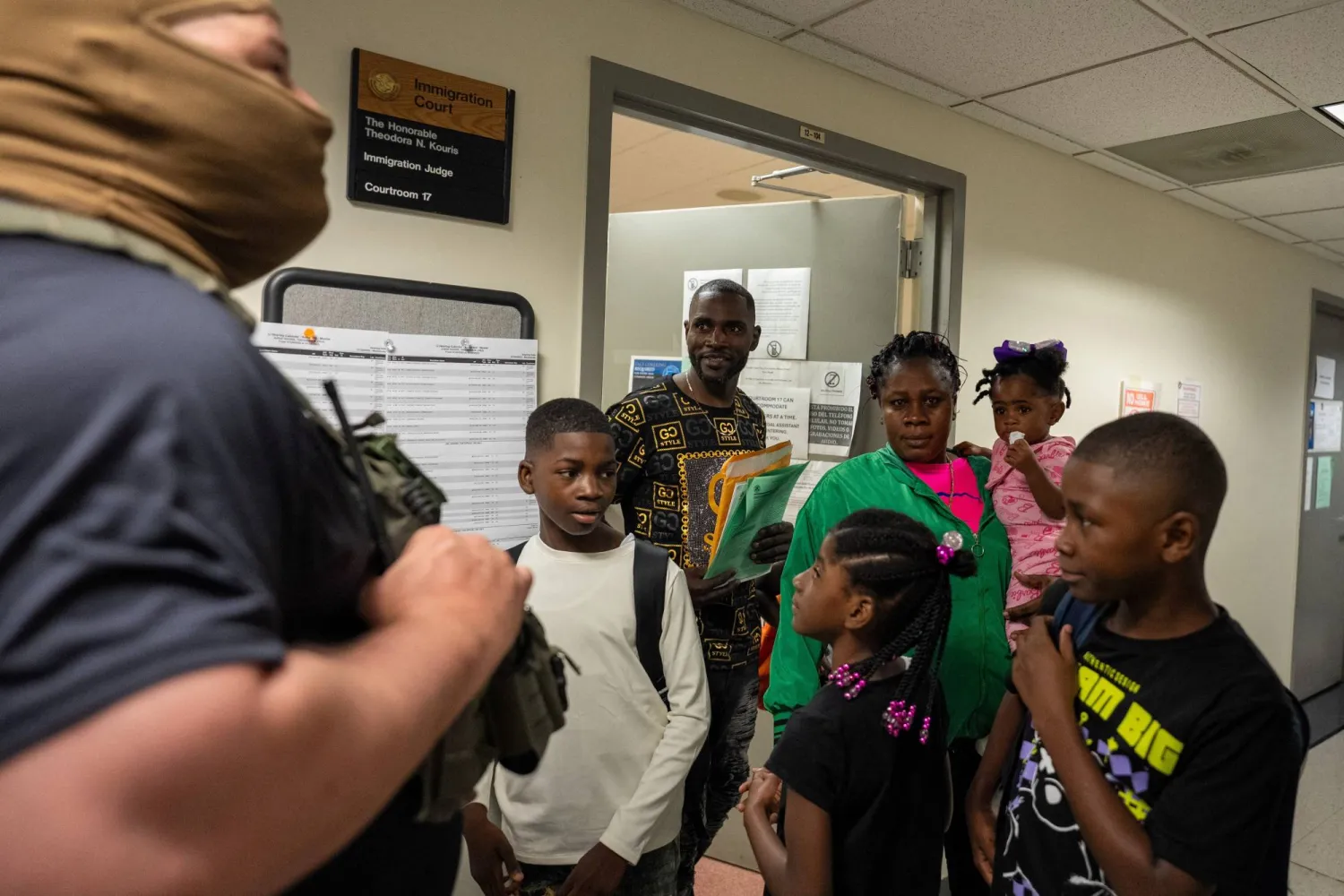
Third-Country Deportations
The controversial “third-country deportation” policy was formally updated after a U.S. Supreme Court ruling on June 23, 2025, which cleared the legal path for sending deportees to countries other than their own.
The policy allows Washington to transfer migrants to foreign states if their home governments refuse to take them back.
According to the Institute for Security Studies in Africa, the U.S. paid El Salvador $5 million in March 2025 to incarcerate more than 250 Venezuelans accused of gang affiliation in a maximum-security prison notorious for human rights abuses.
Since then, the Trump administration has expanded the program into Africa, deporting people from countries including Vietnam, Jamaica, and Yemen to South Sudan and Eswatini. Homeland Security officials justified the move by saying the migrants’ home countries “refused their return.”
South Sudan became the first African nation to take in deportees under Trump’s updated policy. In July 2025, the Supreme Court upheld the transfer of eight men reported to have been convicted of violent crimes and lacking legal status in the U.S. to Juba.
Soon after, Eswatini, a small state in southern Africa, accepted five individuals from Vietnam, Jamaica, Cuba, Yemen, and Laos.
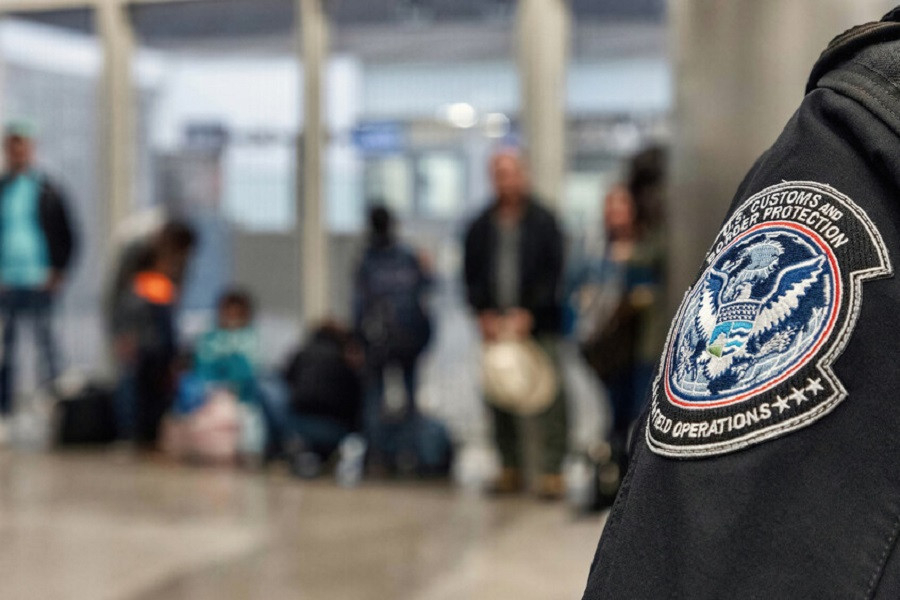
Different Readings
Retired diplomat Ambassador Ogbole Amedu-Ode questioned the rationale behind U.S. deportation decisions, particularly reports that non-Nigerians may be deported to Nigeria.
“Why deport the citizens of a country, say Venezuela, to another country like Nigeria? The logic and rationale behind this are totally lost on me,” he said.
Amedu-Ode praised Foreign Minister Yusuf Tuggar’s stance, calling it a “response with dignity.”
“There’s certainly no merit in Mr. Trump’s new visa regime when viewed from the principle of sovereign equality of states,” he added.
“Since diplomacy is largely a game of reciprocity, Nigerians should request an exchange agreement, receive Venezuelan deportees in exchange for repentant Boko Haram operatives to be ‘exported’ to them,” according to Amedu-Ode.
Another retired ambassador, Rasheed Akinkuolie, noted that the decisions made by countries like Rwanda and South Sudan were internal matters.
“The decision of some African countries to accept deportees is an internal and private affair, which no other country can make logical comments on,” he said.
“The reasons these countries are taking this action are best known to them.”
Akinkuolie stressed that Nigeria will take back its own citizens but cannot accept individuals of unknown origin. “Nigeria cannot take deportees of another nationality, whose identity and background are not known. What if these people are criminals?”
“People who qualify are still being issued visas to the U.S. Those who do not meet certain criteria may be denied. Nigeria also does the same to undesirable people,” he added.
Akinkuolie highlighted a recent case in which foreigners entered Nigeria illegally and formed a criminal gang, emphasizing that they were promptly either deported or prosecuted.
“What the USA is doing may be in its national interest, who knows?” he concluded.
In an interview with the Associated Press, Rwandan analyst Gonzaga Muganwa said his government’s recent moves appeared to reflect the idea that “appeasing President Trump pays.” He argued the U.S. migration deal strengthens Rwanda’s strategic interests by building closer ties with Washington.
“This agreement enhances Rwanda’s strategic interest of having good relationships with the Trump administration,” he said.
Reactions and Assessments
The West Africa Democracy Radio wrote on August 6, 2025, that the U.S.–Rwanda agreement aligns with Kigali’s growing role as a host country for migrants and refugees through international partnerships. Rwanda, it noted, has previously signed similar arrangements with the U.K. and “Israel.”
While some praised the deal as proof of Rwanda’s commitment to global humanitarian efforts, critics called for transparency in the selection process and guarantees that relocated migrants will receive proper protection, integration support, and respect for their rights. The outlet said the first group of migrants could arrive in Kigali within weeks, pending final approvals and logistics.
The Southern Africa Times wrote the same day that Rwanda was drawing both praise and criticism on the international stage. President Paul Kagame is celebrated for economic progress and state-building after genocide, but his migration policy continues to raise questions. The paper argued the new deal underscores Kigali’s expanding role as a destination for Western deportees, despite persistent concerns over human rights safeguards.
The Associated Press on July 12, 2025, asked what African states actually gain by becoming reception centers for U.S. deportees. Analysts suggested some governments may facilitate U.S. removal programs to gain leverage in tariff negotiations or to ease American aid cuts and visa restrictions that have hit several African nations in recent months.
Beverly Ochieng, an analyst at the security consulting firm Control Risks, said countries may want to reach a migrant deal to avoid a situation “where they lose access to the U.S. economy or economic initiatives and bilateral relations.”
Those factors are especially important, “in light of the withdrawal of developmental aid,” Ochieng told The Associated Press.
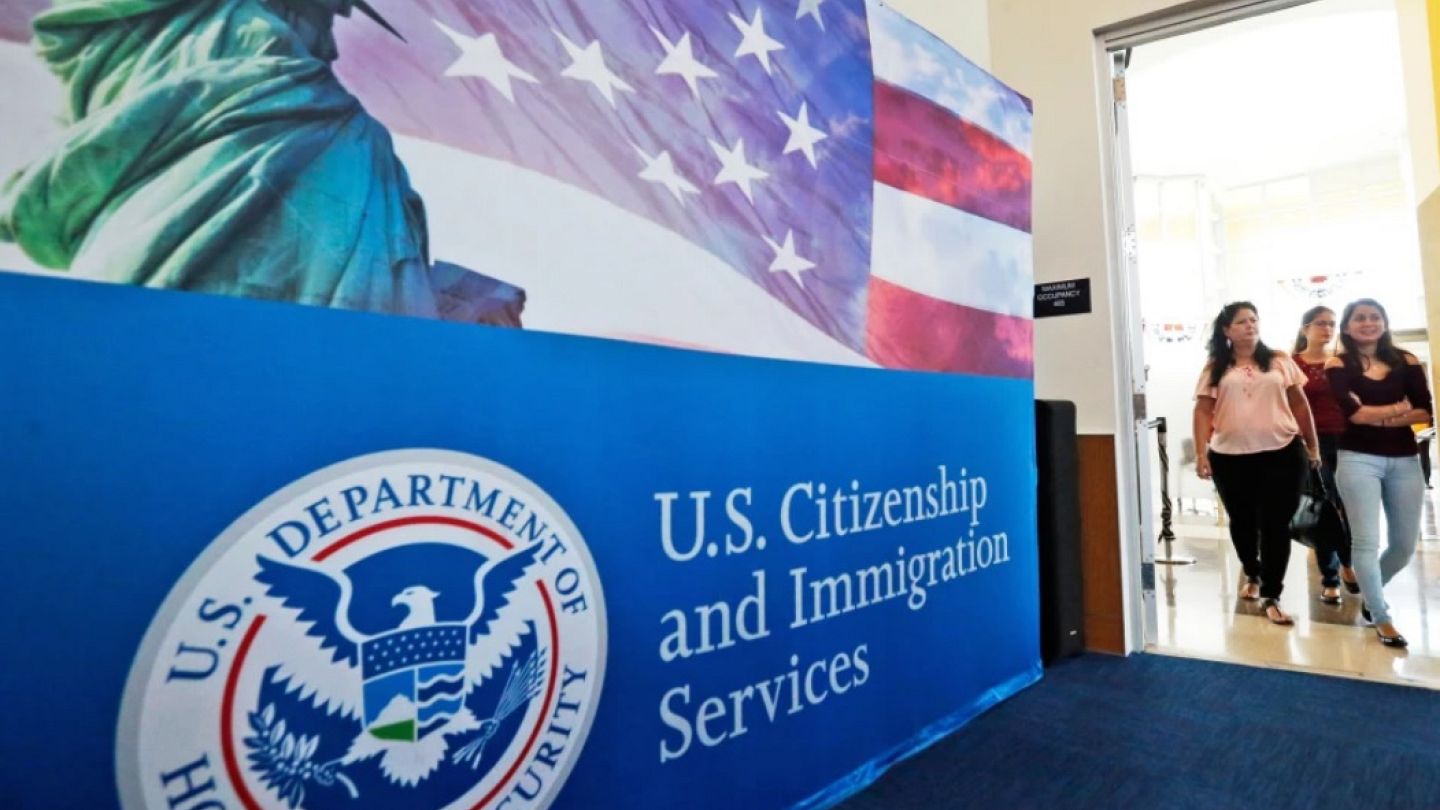
Egyptian journalist and researcher Asmaa Nassar argues that global powers are pushing their agendas on Africa, now through U.S. pressure to accept migrants deported from American soil.
In an opinion piece titled “Deporting Migrants: Trump’s Deal with Africa” published by Youm7, Nassar said some of those slated for removal are convicted of serious crimes, as if Africa had become a dumping ground for the problems of others.
According to the journalist, this is not a simple diplomatic request but a direct attempt to turn the continent into “a trash bin” for other nations’ crises, something she insists every African citizen should firmly reject.
“The U.S. vision of Africa as a region able to absorb the ‘excess’ migrants it no longer wants is insulting and runs counter to the principles of sovereignty and mutual respect,” Nassar wrote.
She asked how African states already struggling with economic and social challenges, and carrying the burden of refugees and internally displaced people, could be expected to take in outsiders who may even threaten their security and stability.
Nassar stressed that African leaders must stand united against such schemes, warning that talk of boosting trade or “shifting from aid to trade” should not be used as a cover for imposing agendas that undermine the continent’s interests.
She concluded that Africa, rich in natural and human resources, has the capacity to build its own future without being drawn into unfair deals that compromise its dignity and sovereignty.
Sources
- Exclusive: Rwanda reached deal with US to take in up to 250 migrants, government says
- Nigeria won’t accept Trump’s deportee deal like Rwanda, S’Sudan – FG
- Rwanda Set to Receive Over 250 Migrants from the United States
- Rwanda Agrees to Accept up to 250 Migrants from the United States Under New Bilateral Deal
- Trump administration has floated deporting third-country nationals to Africa. Here’s what we know
- Deporting Migrants: Trump’s Deal with Africa [Africa]


